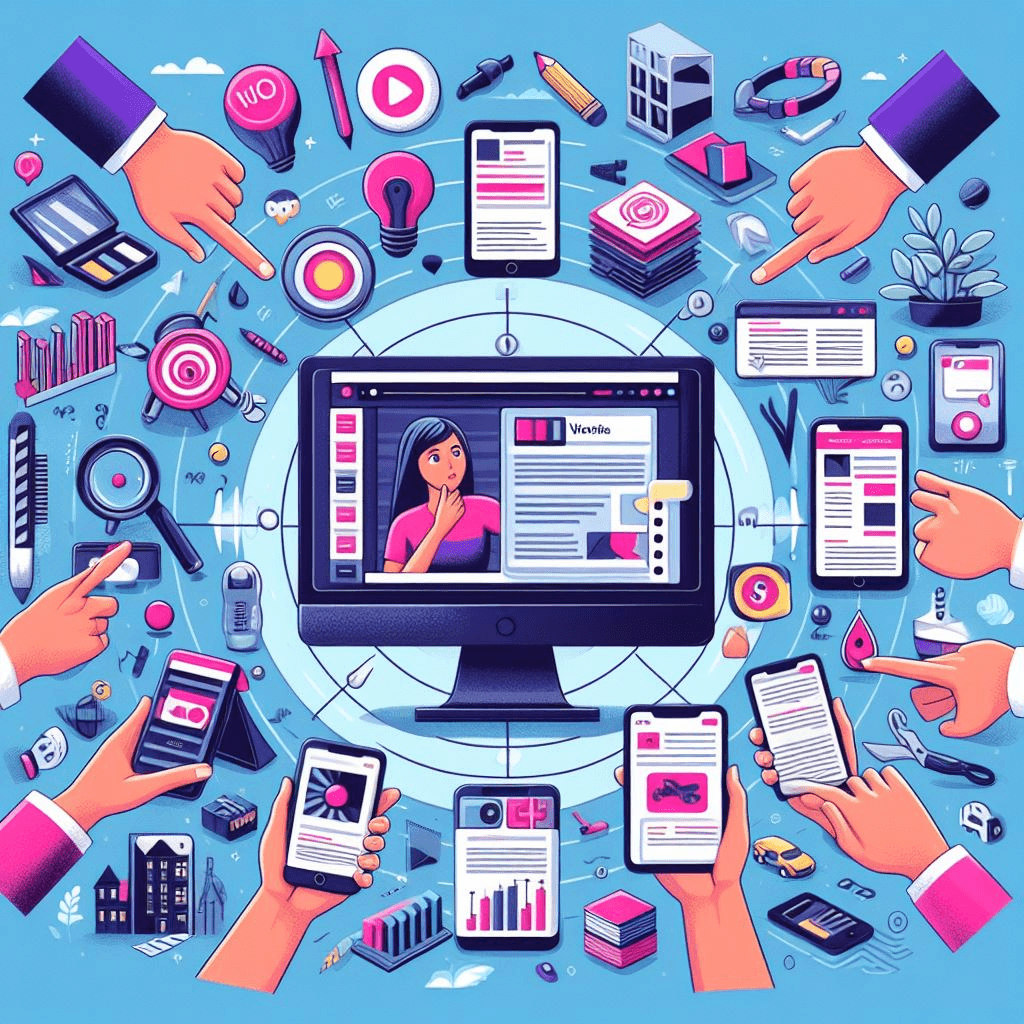Rise of AI ( Artificial Intelligence) in Healthcare Industry
The Rise of Artificial Intelligence( AI ) in Healthcare
Artificial Intelligence ( AI ) has revolutionized various industries, and healthcare is no exception. In recent years, AI has emerged as a powerful tool in improving patient care, diagnosis accuracy, and healthcare operations. This blog will explore the significant impacts of AI in healthcare and its potential to reshape the future of medicine.

- Enhancing Diagnostics:
AI algorithms have shown remarkable capabilities in analyzing medical images, such as X-rays, MRIs, and CT scans. With deep learning techniques, AI systems can quickly and accurately detect abnormalities, aiding radiologists in making more precise diagnoses. This not only saves time but also improves patient outcomes by catching diseases at an early stage. - Personalized Treatment:
AI algorithms can analyze vast amounts of patient data, including medical records, genetic information, and treatment outcomes. By leveraging this data, AI can identify patterns and generate personalized treatment plans. This enables healthcare providers to deliver tailored therapies, reducing trial-and-error approaches and optimizing patient care. - Predictive Analytics:
AI-powered predictive models can analyze patient data and identify patterns that are often missed by human clinicians. By analyzing historical data, AI can predict disease progression, identify high-risk patients, and even forecast potential outbreaks. This proactive approach enables healthcare providers to take preventive measures and allocate resources more efficiently. - Virtual Assistants and Chatbots:
Virtual assistants and chatbots are becoming increasingly prevalent in healthcare settings. These AI-powered tools can provide patients with immediate access to medical information, answer basic health-related questions, and even schedule appointments. This not only reduces the burden on healthcare staff but also enhances patient experience and convenience. - Drug Discovery and Development:
AI is transforming the field of pharmaceutical research by accelerating drug discovery and development processes. Machine learning algorithms can analyze vast amounts of data to identify potential drug candidates, predict their efficacy, and optimize clinical trial designs. This holds the promise of faster and more cost-effective drug development, leading to the discovery of novel treatments.
Virtualization 90 Minute Demonstration Crash Free udemy Cour
the secrets of virtualization in just 90 minutes with comprehensive course! practical skills real-world applications for VMware vSphere, Microsoft Hyper-V, AWS.
Conclusion:
Artificial Intelligence is revolutionizing healthcare by improving diagnostics, enabling personalized treatments, facilitating predictive analytics, enhancing patient engagement, and accelerating drug discovery. While AI has immense potential, it is crucial to address ethical, privacy, and regulatory challenges to ensure responsible and secure implementation. As AI continues to evolve, it holds the promise of transforming healthcare delivery and improving patient outcomes in the years to come.



